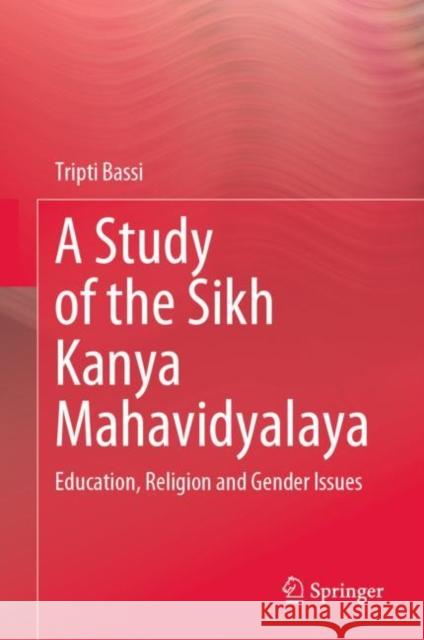A Study of the Sikh Kanya Mahavidyalaya: Education, Religion and Gender Issues » książka
topmenu
A Study of the Sikh Kanya Mahavidyalaya: Education, Religion and Gender Issues
ISBN-13: 9789811632181 / Angielski / Twarda / 2021 / 178 str.
A Study of the Sikh Kanya Mahavidyalaya: Education, Religion and Gender Issues
ISBN-13: 9789811632181 / Angielski / Twarda / 2021 / 178 str.
cena 524,53
(netto: 499,55 VAT: 5%)
Najniższa cena z 30 dni: 501,19
(netto: 499,55 VAT: 5%)
Najniższa cena z 30 dni: 501,19
Termin realizacji zamówienia:
ok. 22 dni roboczych
Bez gwarancji dostawy przed świętami
ok. 22 dni roboczych
Bez gwarancji dostawy przed świętami
Darmowa dostawa!
Kategorie:
Kategorie BISAC:
Wydawca:
Springer
Język:
Angielski
ISBN-13:
9789811632181
Rok wydania:
2021
Wydanie:
2021
Ilość stron:
178
Waga:
0.45 kg
Wymiary:
23.88 x 19.56 x 1.52
Oprawa:
Twarda
Wolumenów:
01











